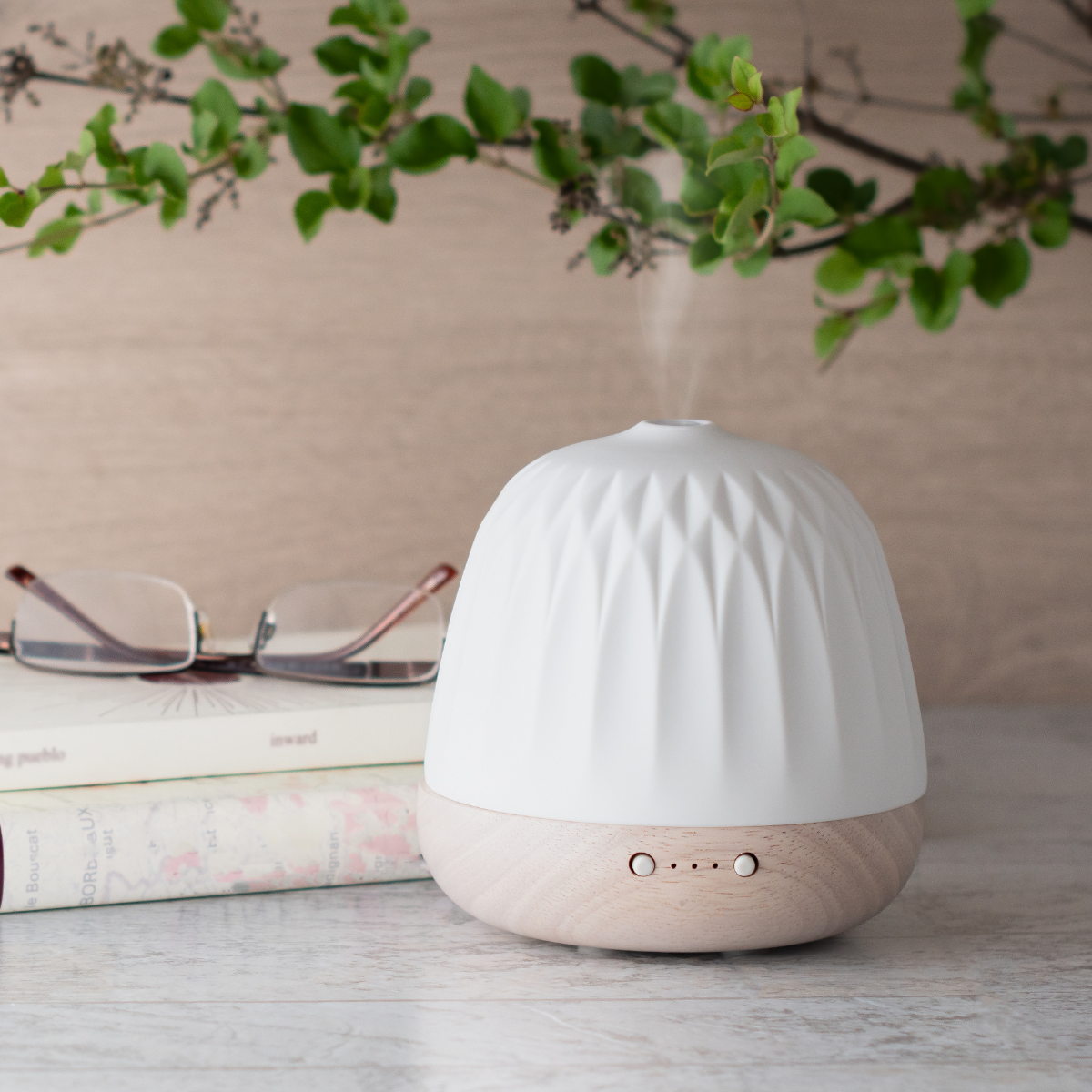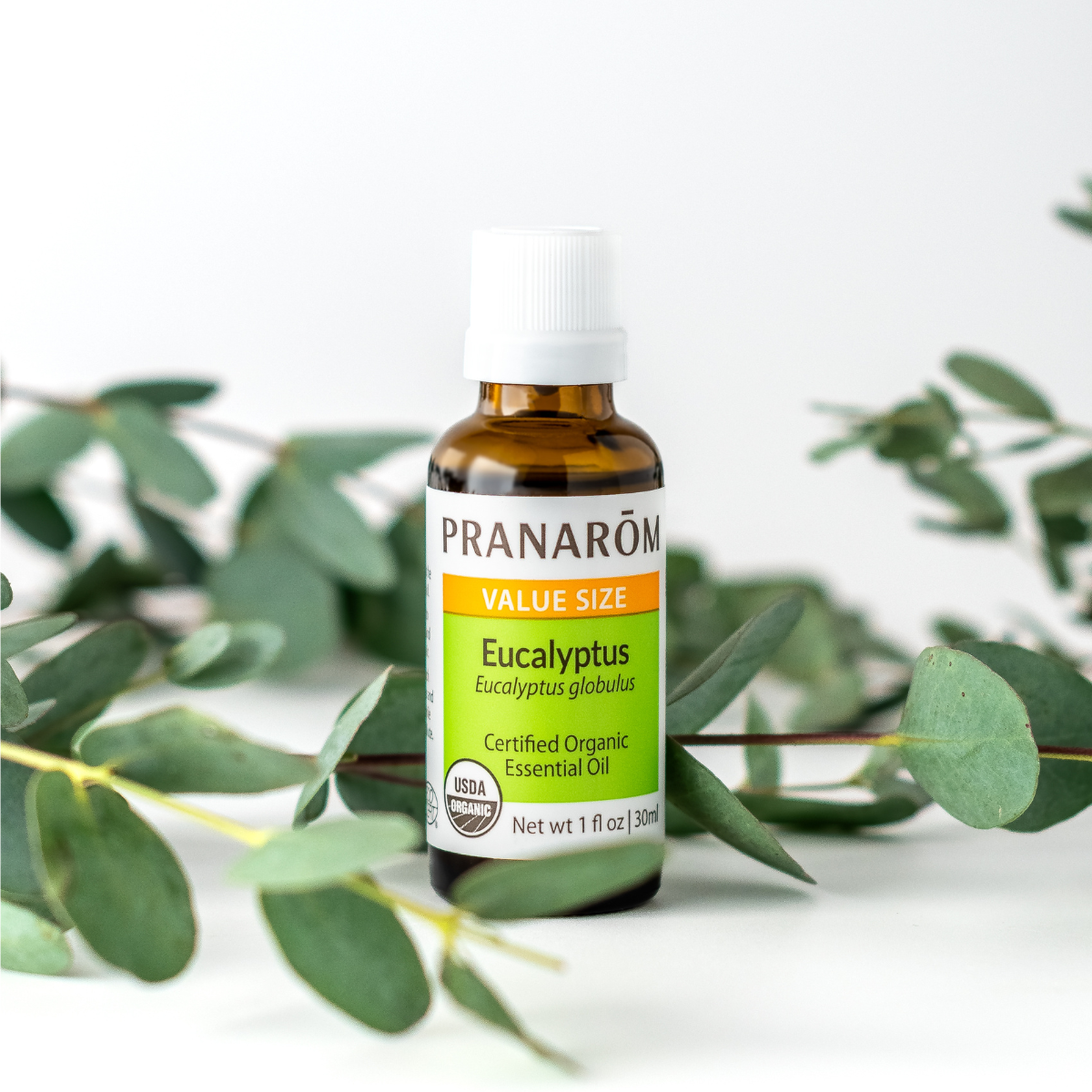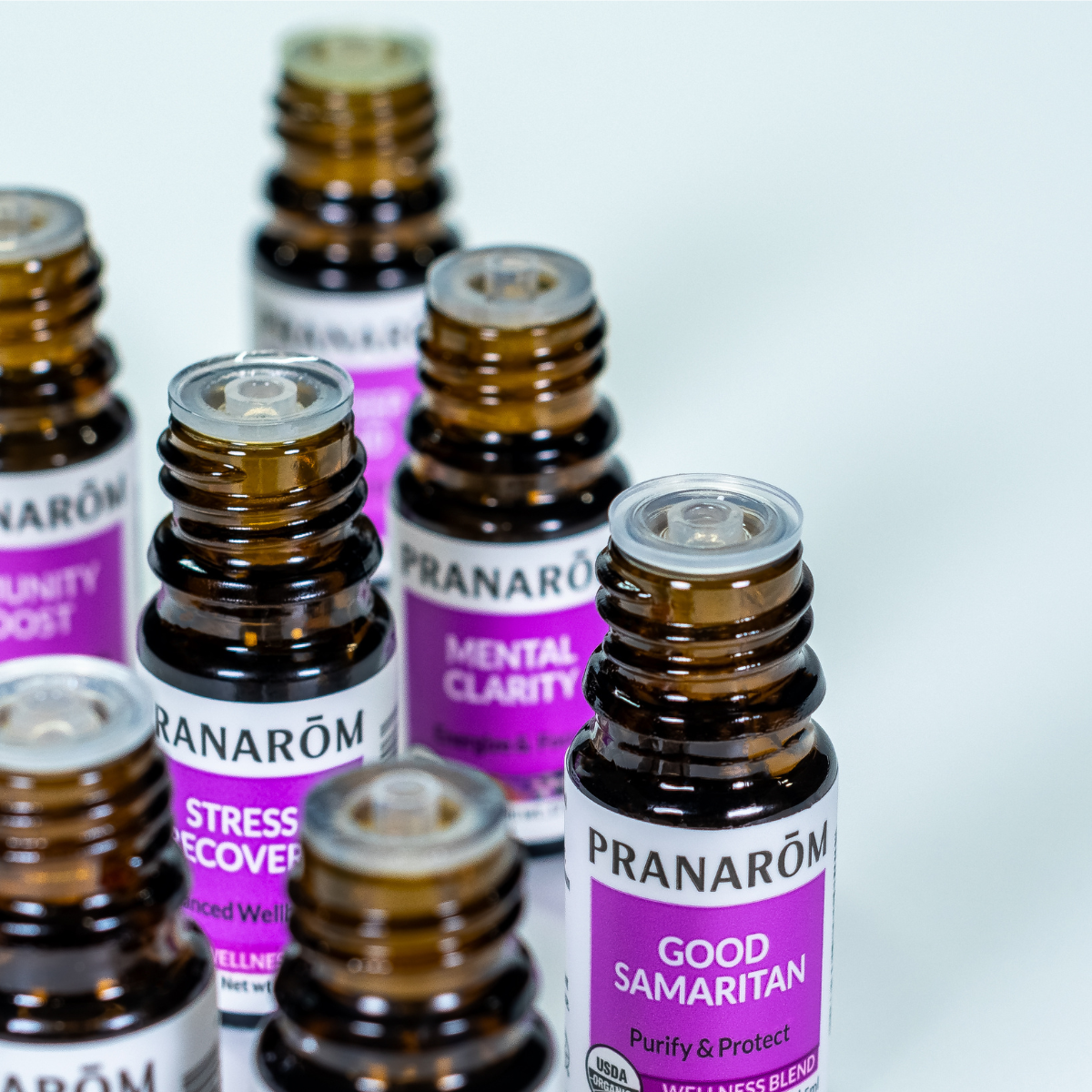Virgin plant oils is a lipid extract from an oilseed plant—that is a plant whose seeds, fruits or nuts contain lipids.
Virgin plant oils Extraction Processes
Cold pressing of virgin plant oils
Cold pressing is an exclusively mechanical extraction method that is carried out at low temperatures, thus preserving the full content of essential fatty acids, vitamin E, natural antioxidants, and therefore requiring no additives. The first extraction, called “first pressing,” produces a pure and genuine oleaginous “fruit juice.”
Differences between an oily macerate and a virgin plant oils
A virgin plant oils is obtained by first cold pressing of a nut, a fruit or an oilseed. This oil is therefore comparable to a lipid juice. However, certain plants that are beneficial for health in the form of oil cannot produce oil by pressing. We then speak of oily macerates or maceration oils. Maceration oils are obtained by a fairly simple process that has existed since the dawn of time:
- A plant is selected for its active ingredients;
- Part of the plant (flowers, seeds, totum) macerates for several weeks in “basic” vegetable oil such as sunflower;
- The preparation is then filtered to obtain a vegetable oil enriched with the active ingredients contained in the plant.
Oily macerates can be used like any virgin plant oil.
Hot pressing of virgin plant oils
For purely commercial purposes, vegetable oils can be mechanically hot-pressed at temperatures of 80° to 120°C. For this purpose, the basic plant materials undergo a series of highly invasive chemical treatments (refining, degumming, deodorization, bleaching, etc.) that deprive the finished products of a significant portion of their vitamins, essential fatty acids, and antioxidants. The extracts have lost all their nutritional qualities and cosmetic properties.
Despite this complete denaturation, these products are sometimes called "unrefined oil", "crude oil", "raw oil" or "natural oil".
How to recognize a quality virgin plant oil?
A quality virgin plant oil will be virgin and certified organic or 100% organic.
The term “virgin” can only be given to a vegetable oil if it meets several specific criteria set by regulations:
- First cold pressing;
- Clarification by physical or mechanical means;
- No physical or chemical refining treatment.
Virgin plant oil can have an acidity level of up to 3%, unlike extra virgin oil, which has less than 1% acidity. The term "extra virgin" is a designation that applies only to olive oil.
To obtain the Certified Organic or 100% Organic label, vegetable oils must come from agricultural production free from synthetic chemicals and whose crops are located in areas protected from external contamination. Obtained solely by cold mechanical expression, certified organic virgin plant oils are provided with labeling that allows the traceability of the product from the field to the table.
“Organic” certification depends on approved inspection bodies that verify compliance with current regulations.
The use of virgin plant oils

Cosmetic use
Virgin plant oils penetrate the skin very well. They nourish and protect it, and restore suppleness and radiance. They are essential in natural cosmetics, particularly for:
- Oil-based makeup removal;
- A nourishing face and body treatment;
- A hair beauty mask.
Use as a food supplement
Some virgin plant oils are excellent dietary supplements. To benefit from their benefits, always check the nutritional value of the oil and do not ingest oily macerates. Check with your advisor before starting a treatment.
In cooking, only use virgin plant oil at the end of cooking, on the plate or cold as a seasoning in your salads.
How to store virgin plant oil?
Ideally, virgin plant oils should be stored away from air, light, and heat. Use your oil within 6 months of opening, or 3 months for the most fragile oils (wheat germ, evening primrose).
Virgin plant oils and essential oils. Which blends?
Virgin plant oil is a fatty substance obtained by cold pressing an oilseed or by maceration. Essential Oil is an “essence” of an aromatic plant obtained by steam distillation. The molecules contained in Essential Oils have nothing in common with the biochemical composition of Virgin Plant Oils. Both lipophilic, they nevertheless mix wonderfully.
It is often recommended to dilute essential oils in vegetable oils to obtain effective aromatic synergies. Note that for cosmetic use ,1 to 3% of Essential Oils are diluted in Virgin Plant Oil. For health benefits , dilutions of 20 to 80% of Essential Oils in Virgin Plant Oil can often be used , depending on the dermocausticity or toxicity of the Essential Oils chosen.
Virgin plant oils: their nutritional properties and health benefits
Virgin plant oils are true allies for health thanks to the beneficial nutritional properties they offer.
Incorporating them into your daily diet is a natural and effective way to maintain your health. Here are some examples of their beneficial effects on the body:
-
Reduction of the risk of cardiovascular diseases : Oils rich in monounsaturated fatty acids, such as olive oil or avocado oil, reduce the risk of heart disease. Omega-3s in flax, chia, and rapeseed oils reduce your chances of developing blood clots and strokes.
-
Regulation of cholesterol levels in the blood: Unsaturated fatty acids found in some virgin plant oils help reduce LDL (bad) cholesterol levels in the blood and the risk of developing heart disease.
-
Reduction of inflammation in the body : Some virgin plant oils contain natural anti-inflammatory components that relieve joint pain, muscle pain and also symptoms related to chronic inflammatory syndrome.









